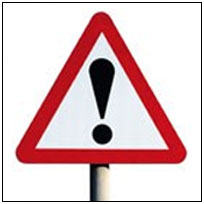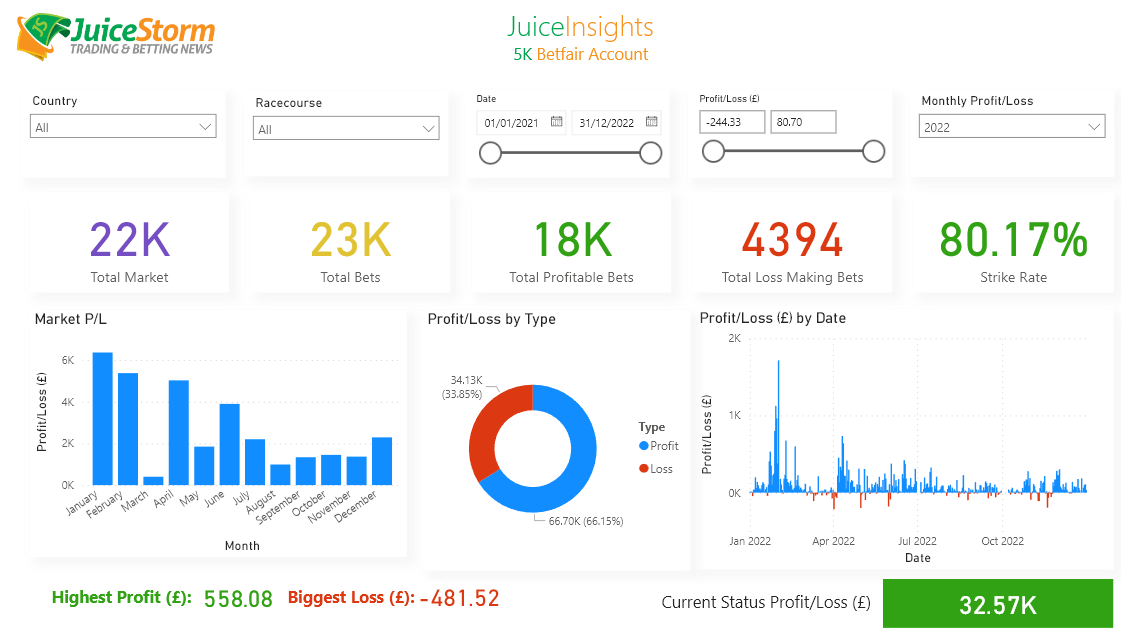Responsible Gaming – Psychology of a Gambler
- The TopTrap Greyhound Profit And Loss Account On Betfair - March 17, 2022
- Betfair Best Execution – 11 Requested & Filled At 320 - January 16, 2022
- BTB System e-book - March 13, 2015
 How much of a gambler are you? When you use Google, do you use the “Google Search” button, or the “I’m feeling lucky” button? Gambling is a way of life, and the gambler has a certain risk-seeking personality. The question is, when is it too much?
How much of a gambler are you? When you use Google, do you use the “Google Search” button, or the “I’m feeling lucky” button? Gambling is a way of life, and the gambler has a certain risk-seeking personality. The question is, when is it too much?
To be honest, gambling gets a bad rap, especially when you consider that it’s one of the prime driving forces of humanity. Nobody has ever gotten rich by playing it safe, and if you have a stock portfolio, you’ve bet your money that these companies will turn a profit greater than the rate of inflation. When it comes down to it, even putting your money in a bank account at 4% return p.a. is a gamble. What if inflation breeches 4%? You’ve made a loss on that banked money. The same goes for your pension. No doubt it’s somehow tied into a mutual fund, which is, a-hem, “managed” by experts in risk-assessment. But as we’ve seen time and again, there’s no guarantee that your money is safe. And let’s face facts, every get-rich-scheme tickles the gambler in all of us. Not even the professional money managers are immune to loopholes and get rich schemes:
The FTSE 100 has fallen to its lowest level in three years as panic swept through the world’s stock markets in the wake of the Lehman Brothers collapse. Source: SkyNews
For most people, taking a flutter on the stock market is out of our budget. We can’t afford to pay a broker and we don’t have the time or inclination to investigate the finances of publicly-listed companies. So we scale it down, and deal with what we do know: sports like the horses, the dogs or football, poker or blackjack, or other casino games. In sports betting, we know the form of the players. In casino games we have practised cards, and we’ve got a good idea on the odds at the roulette wheel.
But when is gambling a problem?
When you’ve reached the stage where you’re contemplating selling the kids, then it’s obviously gone too far, but at that point you’ve probably already lost touch with reality and help will only come from outside. So what are the warning signs? How do you know when you are going too far?
Psychologists don’t like the word ‘addict’, because it implies a physical dependence, so they prefer the term “dependence”. The alcoholic has a dependency on alcohol, though they don’t require alcohol to live. The same applies to other physical addictions. But gambling isn’t a physical addiction. It’s not the body that’s addicted, it’s the mind, hence the term “dependence”.
The dependent personality uses some form of activity as a crutch to help them cope with the stresses of their life. Like any form of “dependence”, be it drugs, alcohol, over-eating, etc., gambling shares the same psychological background. Dependence is a recurring compulsion which damages the health and/or lifestyle of the person.
We all need crutches from time to time, and we all need to blow-off steam, especially at those times when life is hard on us. But if you find that life is always hard, or that the mess you’re in is of your own making, then it’s time to be honest with yourself. If you can’t afford to gamble but you still do, you’ve got a problem. If you are taking loans, or borrowing to gamble, then you’ve got a problem. If you find that you are living your life in order to support your gambling, then you’ve got a problem. It’s easier to manage a dependence when you catch it early, so if you’re not sure, there’s no harm in seeking professional help.
We support responsible gambling here at Juicestorm. It’s fun, and can be financially rewarding. But it is just another game. Gambling should be like going down the pub for a drink with your mates. Fun. It makes a match/sporting fixture more exciting to watch, or makes you focus more on that card game. When you lose, you should be able to afford it. Life should still be good.
If you think you might have a problem, then you should talk to an expert:
Gamble Aware
Gamblers Anonymous
National Council on Problem Gambling
GamCare






Comments are closed, but trackbacks and pingbacks are open.